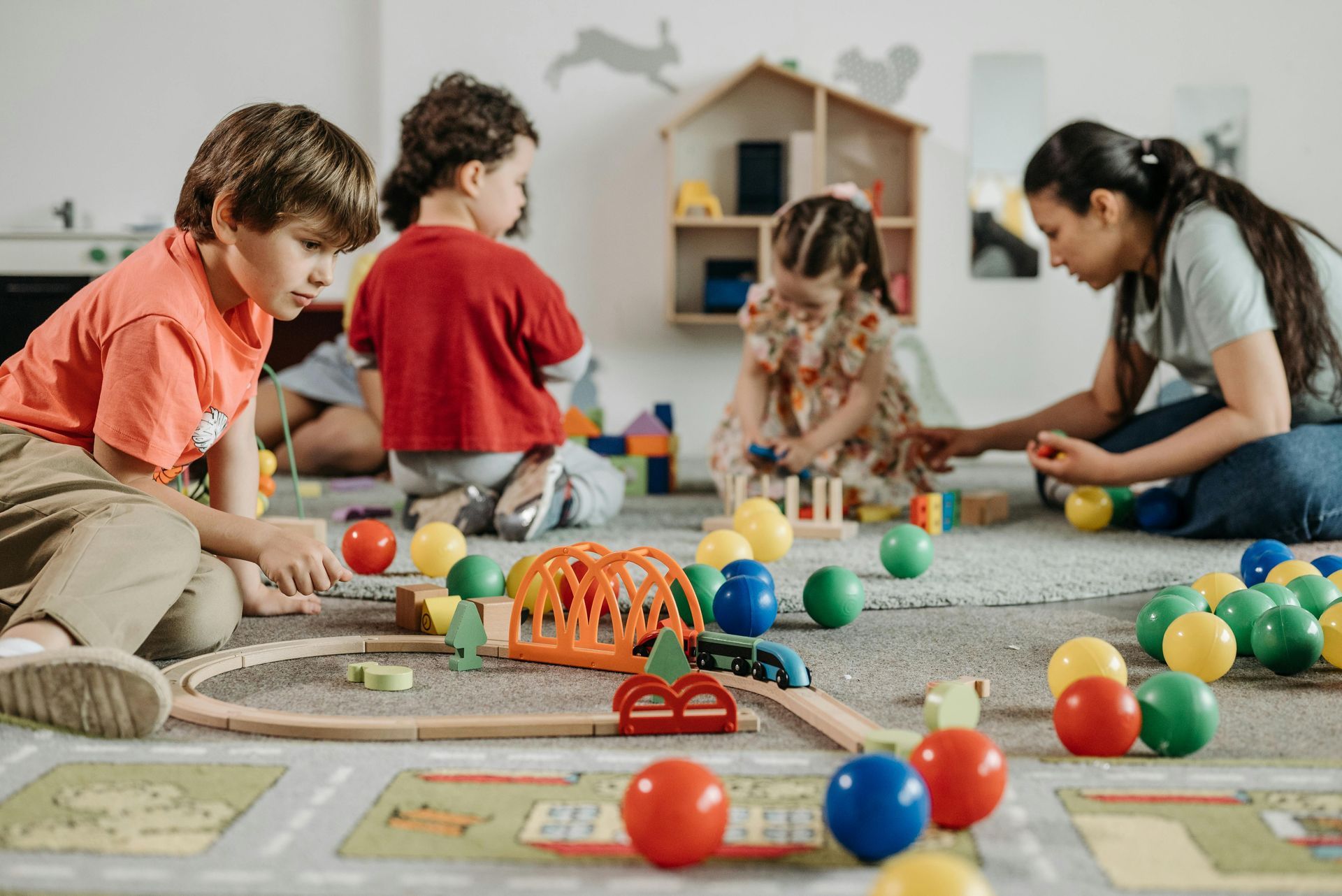
Consistency is a fundamental aspect of Montessori education, providing children with a stable and predictable environment that fosters security, confidence, and independent learning. Let us explore why consistency is crucial in Montessori education and how it benefits your kid's development.
Creating a Secure Environment
Consistency in the classroom environment is essential for helping children feel secure. In a Montessori setting, the classroom layout, materials, and daily routines are carefully designed to remain consistent. This predictability helps children know what to expect, reducing anxiety and creating a sense of safety. When children feel secure, they are more likely to explore their surroundings and engage in learning activities with confidence.
Building Confidence Through Routine
Daily routines are a cornerstone of Montessori education. The structured environment helps children know what is coming next, fostering a sense of order and stability. This predictability aids children in building self-discipline and time management skills. For instance, knowing that they will always start the day with a morning circle or that snack time follows a particular work period helps them develop internal order and self-confidence.
Reinforcing Learning Through Repetition
In Montessori education, repetition is key to mastery. Consistent exposure to materials and activities allows children to practice and refine their skills. The Montessori method encourages children to work with the same materials repeatedly until they have fully grasped the concept. This approach not only reinforces learning but also builds perseverance and resilience.
Promoting Independent Learning
Consistency in the Montessori classroom promotes independent learning. When children are familiar with their environment and routines, they can navigate the classroom independently. This independence is further supported by the consistent use of Montessori materials, designed to be self-correcting and encourage exploration. As children become more confident in their abilities, they take ownership of their learning, leading to a deeper understanding and intrinsic motivation.
Supporting Emotional and Social Development
Consistency also plays a vital role in children's emotional and social development. A predictable environment helps children understand expectations and develop appropriate social behaviors. Consistent rules and routines teach children about responsibility, respect, and cooperation. In a Montessori classroom, where mixed-age groups are common, older children often model consistent behaviors for younger ones, fostering a collaborative and supportive community.
The Role of the Montessori Guide
Montessori Guides (teachers) play a crucial role in maintaining consistency. Their consistent presence and approach provide a stable reference point for children. Guides observe each child’s progress and provide consistent support and encouragement, helping children feel valued and understood. By maintaining consistency in their interactions and expectations, Montessori guides create a nurturing environment where children can thrive.
Consistency is a cornerstone of Montessori education, essential for creating a secure and supportive learning environment. It helps children feel safe, build confidence, and develop independence. By maintaining consistent routines, materials, and interactions, Montessori education fosters a sense of order and predictability that supports children's emotional, social, and cognitive development. This consistency lays the foundation for lifelong learning, helping children become confident, capable, and self-motivated individuals.
Curious to learn more about the Montessori approach and how it can benefit your child? Contact us today at
770-564-0470! Let’s discuss how we can support your child's educational journey and help them thrive.



